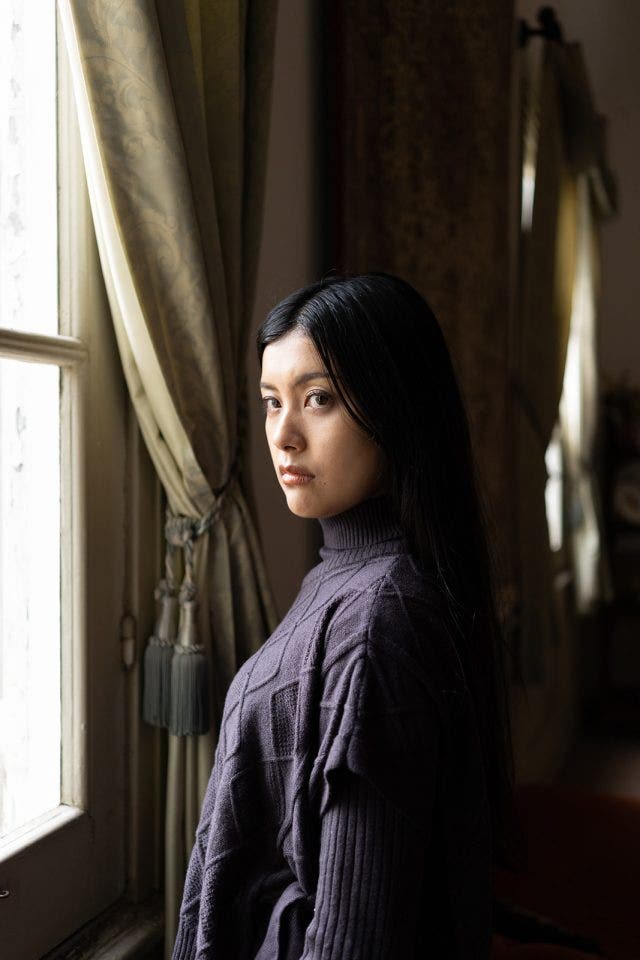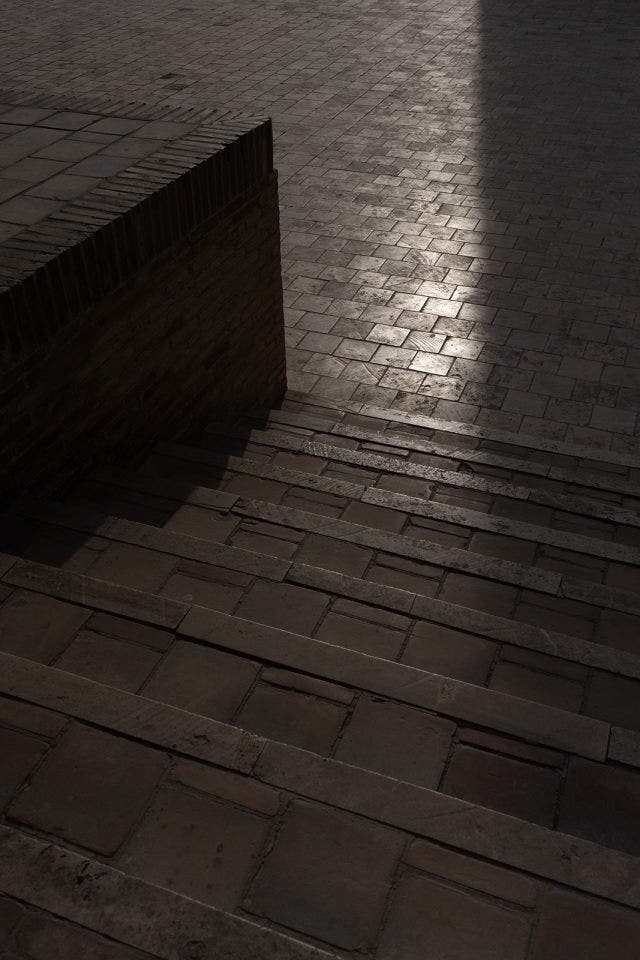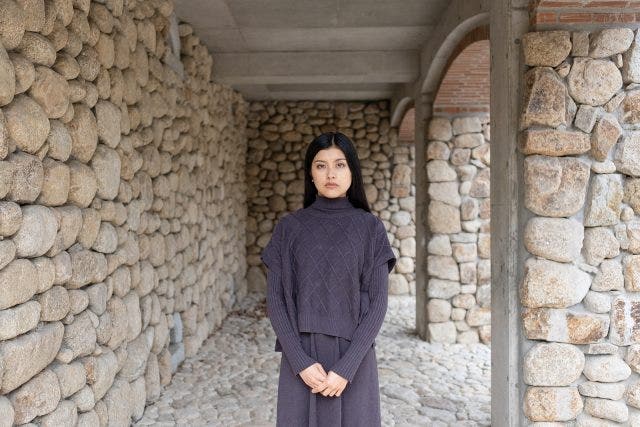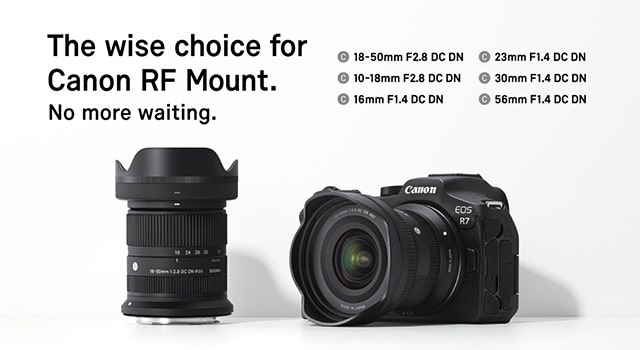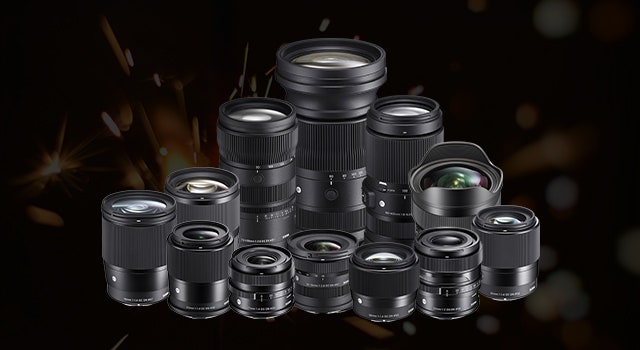23mm F1.4
DC DN
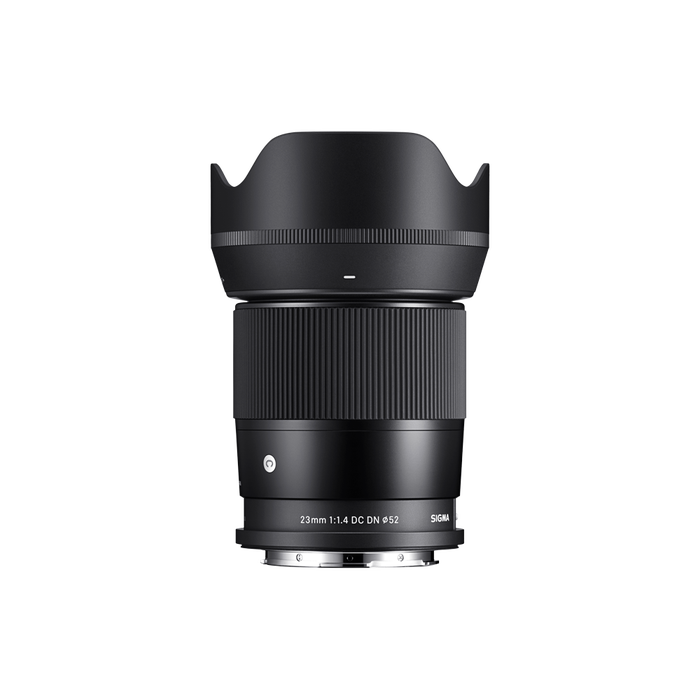

- Designed for crop sensor mirrorless
- Classic wide-angle focal length (35mm equivalent)
- Ultra-fast F1.4 maximum aperture
- Outstanding low-light performance
- Superb sharpness at all apertures
- Minimizes optical aberrations
- Quiet and fast stepping motor
- Dust and splash resistant mount
- Minimized flare and ghosting
- Compatible with Lens Aberration Correction*
- Made in Japan
AWARDS
|
|
|
| Angle of view | Wide Angle |
|---|---|
| Camera Type | Mirrorless |
| Lens Mount | L-Mount, Sony E-mount, Canon RF mount, Fujifilm X mount |
| Sensor Size | APS-C |
| Construction | 13 Elements in 10 Groups |
| Angle of view | 63,4º |
| Number of diaphragm blades | 9 (rounded diaphragm) |
| Minimum aperture | F16 |
| Minimum focusing distance | 25 cm |
| Maximum magnification ratio | 1:7,3 |
| Filter diameter | 52mm |
| Dimensions (diameter x length) | Sony E-mount ⌀ 65,8 mm x 78,9 mm |
| Weight (g) | Sony E-mount 330 g |
| Edition number | C023 |
| Supplied Accessories | Lens Hood LH554-01, Front Cap LCF-52mm III, Rear Cap LCR II |
| Accessories | WR Protector Filter 52mm, WR C-PL Filter 52mm, Protector Filter 52mm, USB-dock UD-11 (L-mount) |
| EAN-code | Sony E-mount 085126348656 |
| Specifications Info | * L-Mount is a registered trademark of Leica Camera AG. |
Large aperture F1.4 brightness and excellent resolution from maximum aperture
The Sigma 23mm F1.4 DC DN | Contemporary has an easy-to-use angle of view equivalent to 35mm in 35mm format, as well as the brightness of a large F1.4 aperture and high descriptive power. The optics is composed of 13 elements in 10 groups, including 3 SLD glass elements and 2 aspherical lens elements, to achieve sharp, clear images. The lens delivers excellent resolving power from the maximum aperture. Furthermore, the large F1.4 aperture allows for large, beautiful bokeh effects. The compact, palm-size body allows you to enjoy the rich descriptive power of mirrorless cameras. Careful countermeasures against flare and ghosting enable clear shooting even in backlit environments.
Compact body optimized for APS-C mirrorless cameras
To take advantage of the mobility of APS-C mirrorless cameras, the lens body is compact and lightweight, with a weight of 340g*, length of 76.9mm*, and filter diameter of 52mm. At the same time, the quality of the lens body itself has not been compromised. The high-precision machining technology of Sigma’s sole production facility in Aizu, Japan, has enabled the lens body to achieve the ideal balance between excellent optical performance based on the latest optical and mechanical design and compactness. The AF drive system uses a quiet, high-speed stepping motor. The latest algorithm enables quick focusing for easy shooting.
*The figures are for L-Mount.
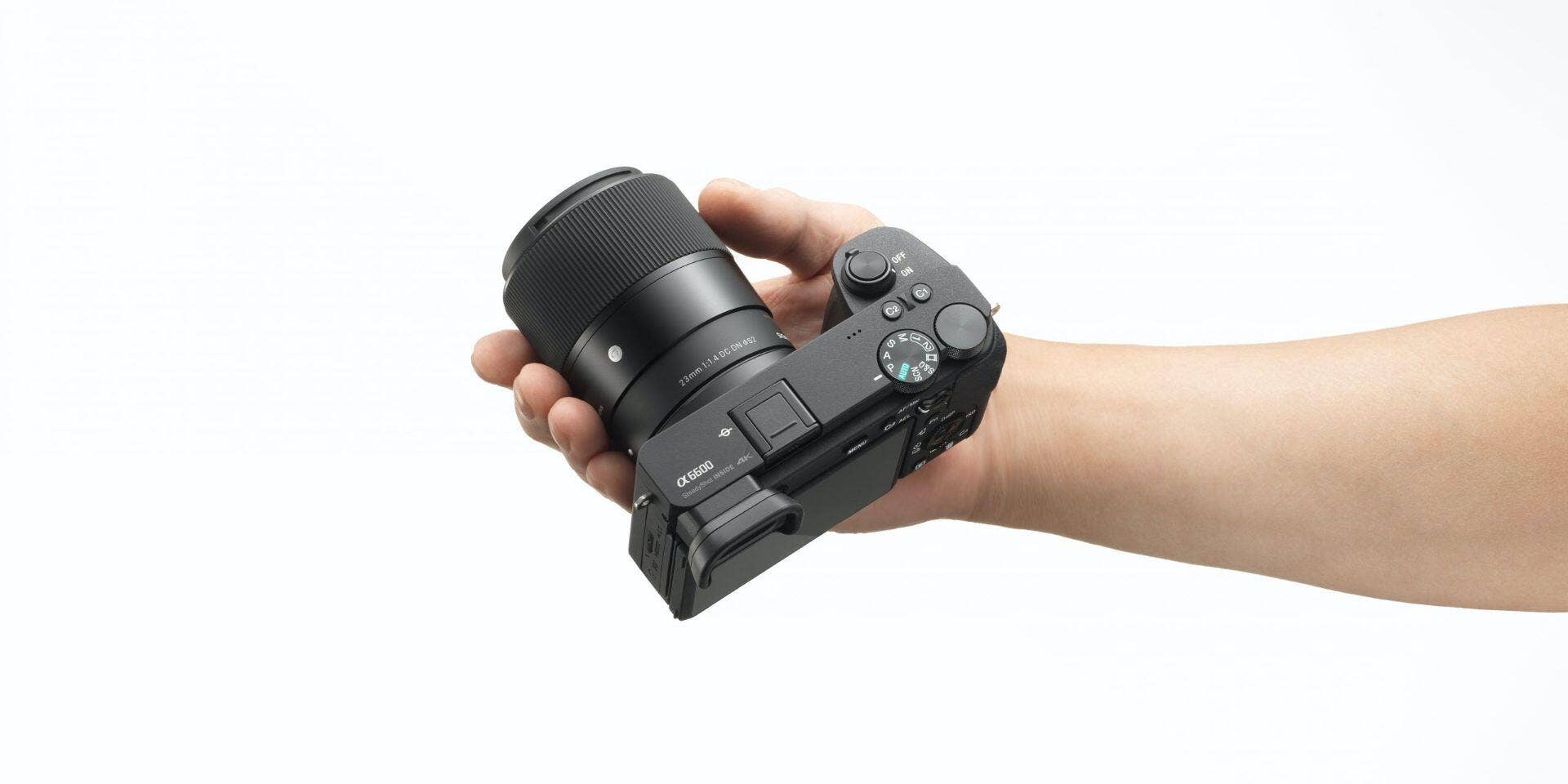

Support for switching between linear and non-linear focus ring settings (for L-Mount only)
For L-Mount cameras, it is possible to switch to “linear focus,” in which the focus shifts by a fixed amount according to the rotation angle of the focus ring.
*Only for compatible L-Mount camera bodies.
Expands the variety of APS-C format F1.4 prime lenses
The Sigma Contemporary line offers a wide variety of APS-C format F1.4 prime lenses. All of them share the concept of combining superior resolution with compactness and light weight. By combining them according to your needs, you can build a compact photographic system without compromising on image quality.
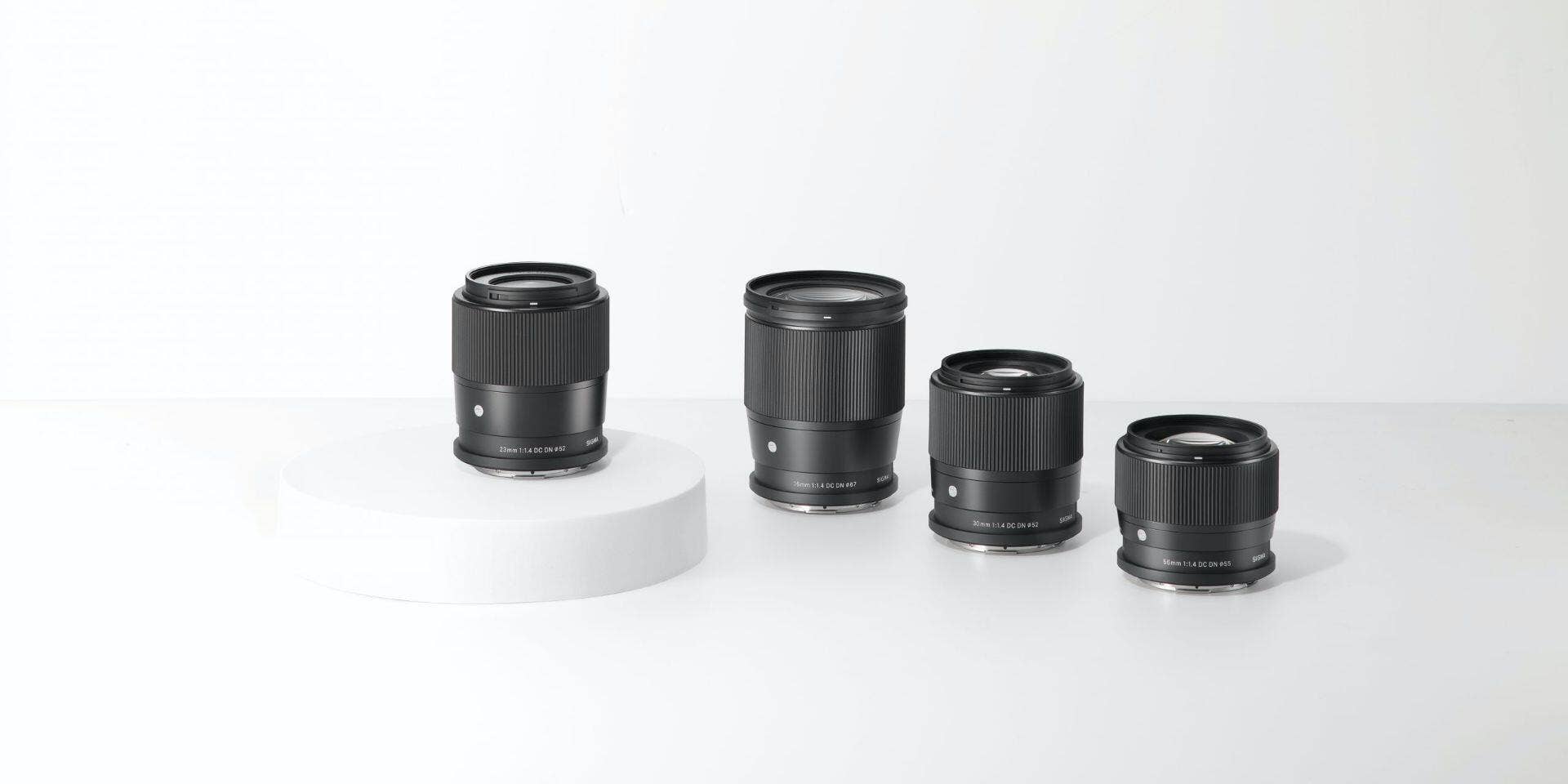

LENS CONSTRUCTION
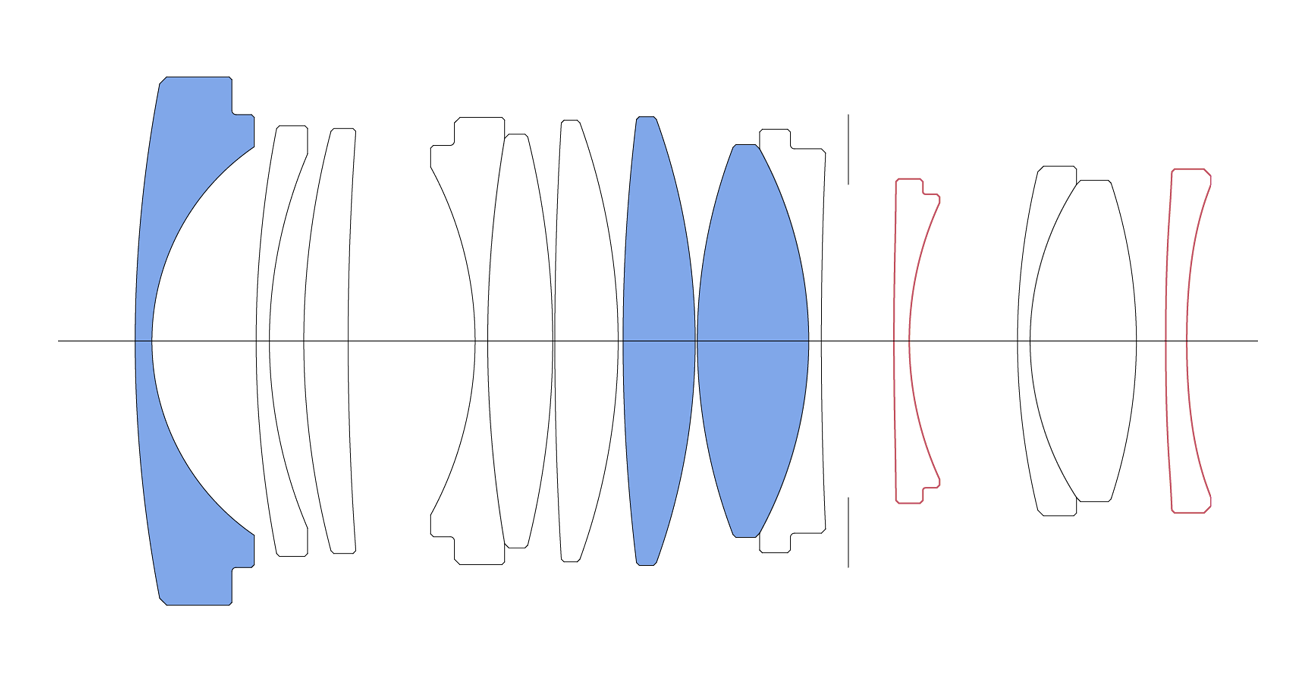

|
|
|
MTF CHART
There are two types of MTF chart. One considers the diffraction quality of light, which is called "Diffraction MTF", and the other, "Geometrical MTF" does not.
The quality of light appears in the diffracted light, and becomes more distinct as the F value gets bigger, resulting in lower image quality. Also, diffracted light exists at every aperture, which is why Sigma has been releasing Diffraction MTF data from the beginning since it is very close to the actual image data.
The advantage of using "Geometric MTF" data is that it is easy to measure and calculate since it does not consider the diffraction quality of light, yet it tends to show higher values in the graph than actual images.
The readings at 10 lines per millimeter measure the lens's contrast ability ( red lines), repeating fine parallel lines spaced at 30 lines per millimeter measure the lens's sharpness ability (green lines), when the aperture is wide open.
Fine repeating line sets are created parallel to a diagonal line running from corner to corner of the frame, are called Sagittal lines (S) and sets of repeating lines vertical to these lines are drawn, called Moridional (M) line sets.
*The MTF chart gives the result at the wide-open aperture.
|
Spatial frequency |
S:Sagittal Line |
M: Meridional Line |
|
10lp/mm |
|
|
|
30lp/mm |
|
|
DIFFRACTION MTF
DIFFRACTION MTF
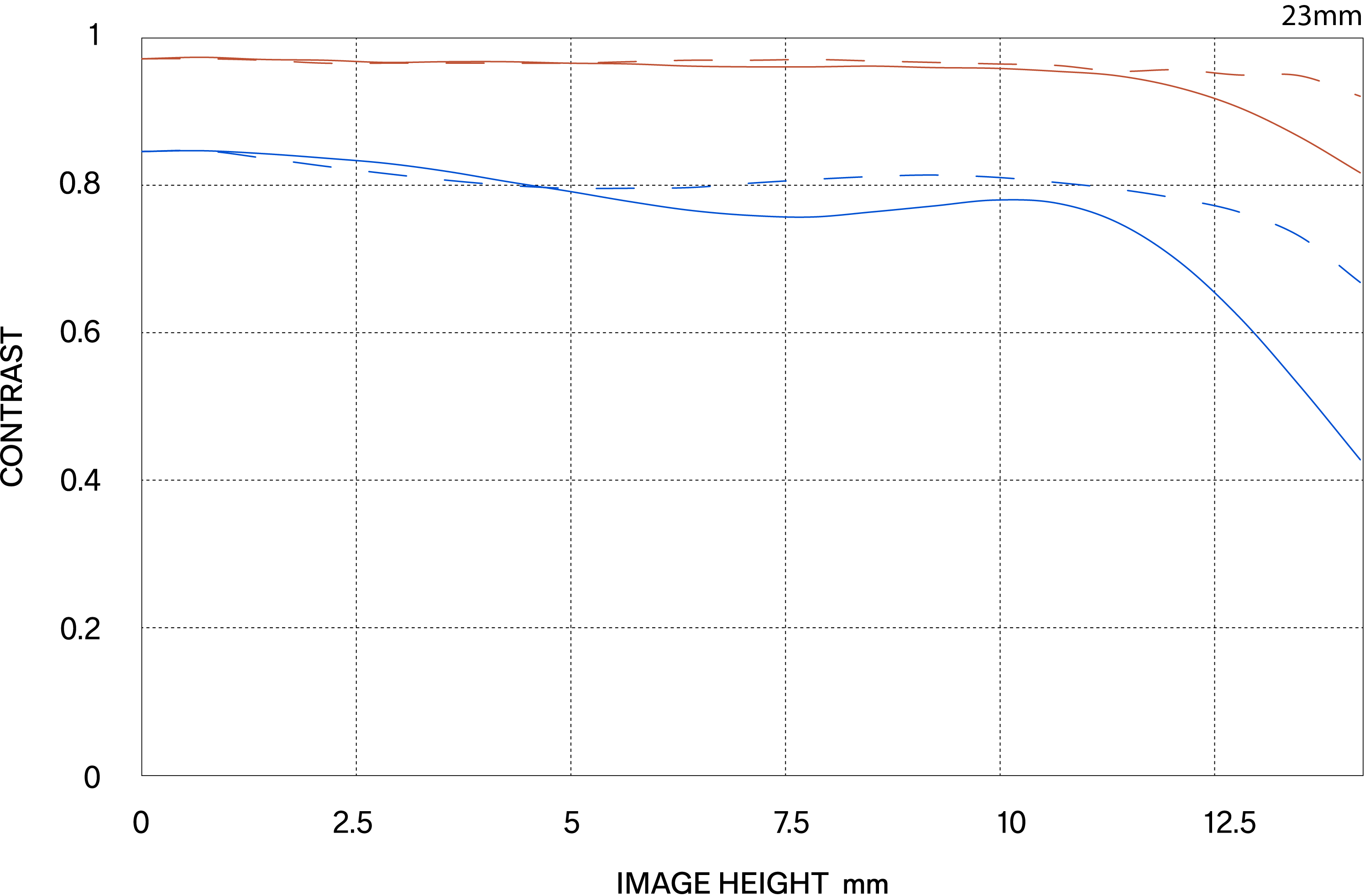

GEOMETRICAL MTF
GEOMETRICAL MTF
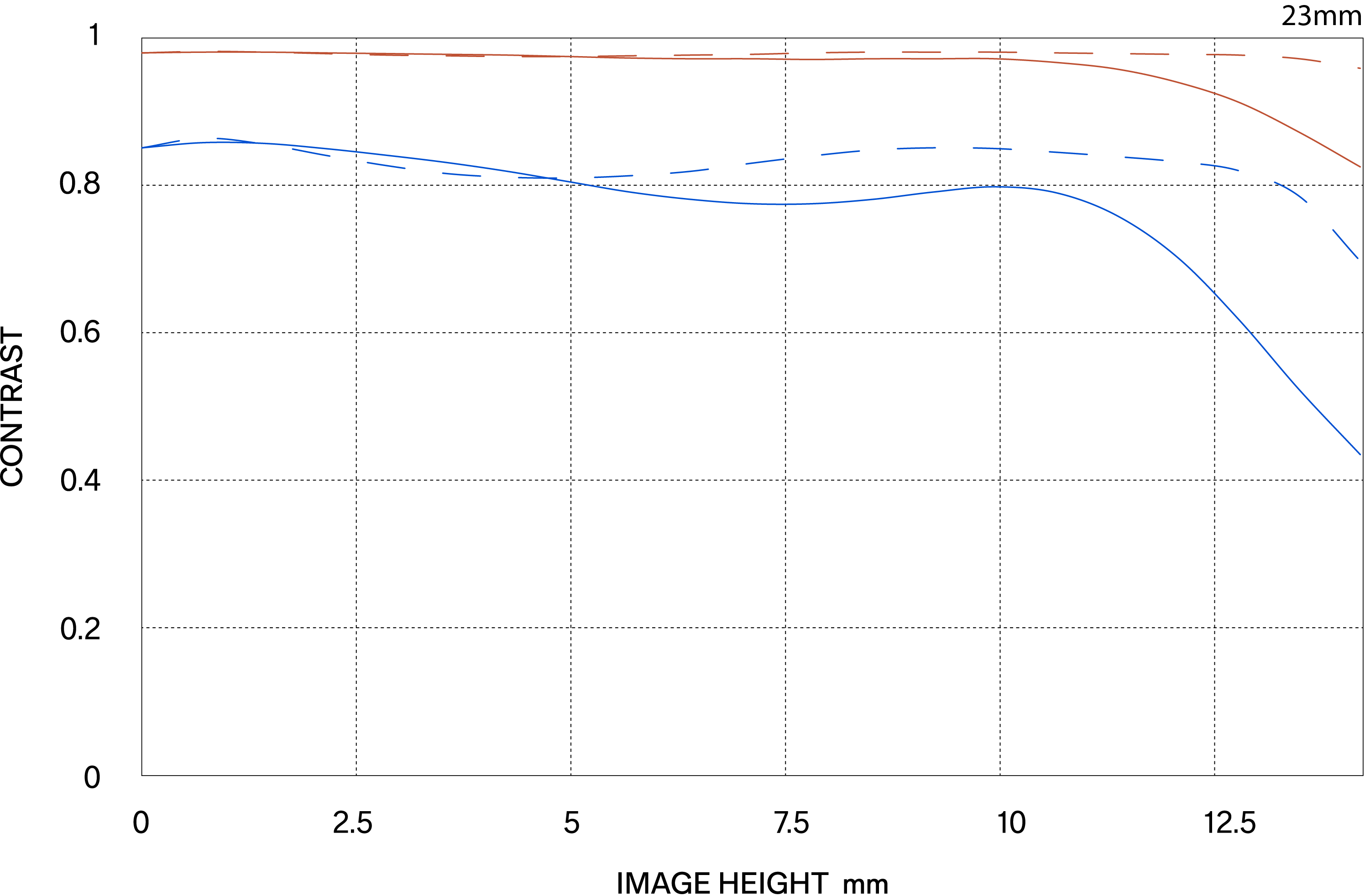

Stepping Motor
The lens is capable of smooth, quiet and high-speed AF made possible by a stepping motor, as well as supports Face/Eye Detection AF and video AF
Super Multi-Layer Coating
SIGMA's own Super Multi-Layer Coating suppresses flare and ghosting by preventing reflections with in the lens. All lenses in the current SIGMA range feature this original technology. In digital cameras, flare and ghosting may also be caused by reflections between the image sensor and lens surfaces. Here too, SIGMA's Super Multi-Layer Coating is highly ef fective, assuring images of outstanding contrast.
Linear focus / Non-linear focus (for L-Mount only)
A focus movement method of interchangeable lenses for mirrorless cameras (DN lens) in relation to the rotational angle of the focus ring during manual focusing.
With "non-linear focus," the amount of focal point movement varies depending on the focus ring rotational speed.
With linear focus, if the focus ring rotational angle is the same, the amount of focal point movement remains the same regardless of the focus ring rotational speed.
Mount with Dust and Splash Resistant Structure
The lens mount incorporates rubber sealing to protect the mount from dust and water drops.
Lens construction: 13 elements in 10 groups with 3 SLD and 2 aspherical lens elements
Inner focus system
Compatible with high-speed autofocus
Compatible with high-speed autofocus
Compatible with lens-based optical correction
Support DMF and AF+MF
Compatible with AF assist (Sony E-mount only)
Petal Type Lens Hood LH554-01
Petal Type Lens Hood LH554-01
Designed to minimize flare and ghosting
9-blade rounded diaphragm
High-precision, durable brass bayonet mount


|
Camera |
SONY α7R V |
|
Shutter Speed |
1/40s |
|
Lens F Number |
F2.8 |
|
ISO |
640 |
|
Focal Length |
23mm |
|
Photographer |
Yoko Ono |



